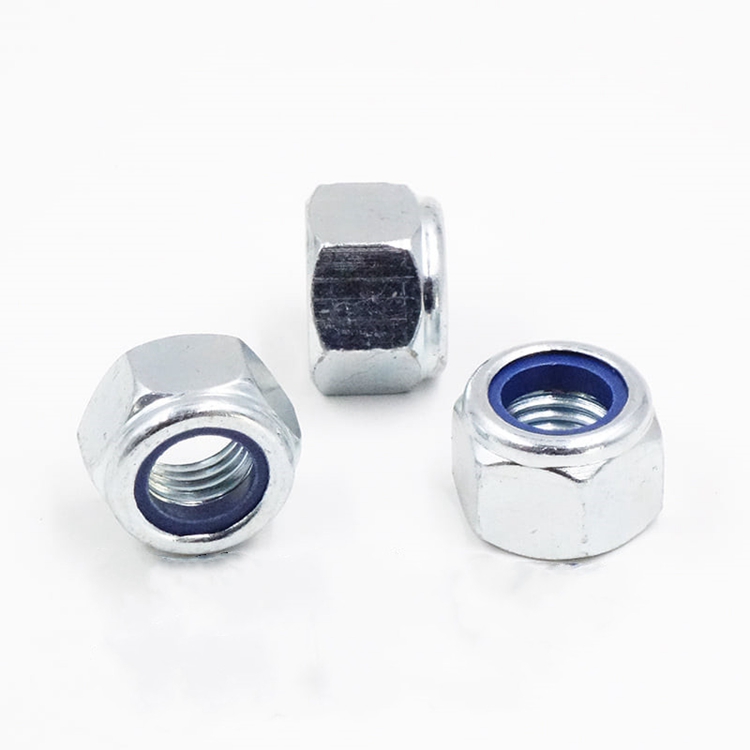best stud bolt m20
Dec . 12, 2024 09:15 Back to list
best stud bolt m20
Understanding the Best M20 Stud Bolt A Comprehensive Guide
When it comes to mechanical fastening solutions, stud bolts are among the most reliable and commonly used components, especially in heavy-duty applications. The M20 stud bolt, which features a nominal diameter of 20 mm, is especially popular in various industries. This article explores the characteristics, applications, and factors to consider when selecting the best M20 stud bolt.
What is a Stud Bolt?
A stud bolt consists of a cylindrical rod threaded on both ends, used to attach two or more components together. The absence of a head makes it unique compared to traditional bolts, allowing for greater flexibility during installation. Stud bolts are often utilized in conjunction with nuts which are threaded onto the ends to secure the components in place.
Characteristics of M20 Stud Bolts
1. Dimensions The M20 designation signifies a metric bolt with a 20 mm diameter. These bolts typically have a length that can vary depending on the application, making them versatile for different projects.
2. Threading The M20 stud bolt comes with either coarse (1.5 mm pitch) or fine threads (1.0 mm pitch). Coarse threads are generally more robust and easier to install, while fine threads offer greater holding capacity and are used in applications where space is limited.
3. Material M20 stud bolts are commonly made from high-strength materials like carbon steel, stainless steel, or alloy steel. The material choice is crucial as it will determine the bolt's tensile strength, corrosion resistance, and overall durability.
4. Coatings Depending on the environment in which they will be used, M20 stud bolts can also have various coatings, including galvanized, zinc-plated, or specially designed anti-corrosive treatments. These coatings enhance the longevity of the bolts when exposed to harsh conditions.
Applications of M20 Stud Bolts
M20 stud bolts are widely used across various industries, including
- Construction These bolts are often employed in structural applications where strength and stability are paramount. They are utilized in connecting beams, girders, and other structural components.
best stud bolt m20

- Automotive In automotive manufacturing, M20 stud bolts secure components like engine blocks and suspension systems, ensuring safety and performance
.- Marine The maritime industry relies on M20 stud bolts for securing decks, hulls, and machinery due to their resistance to corrosive marine environments.
- Oil and Gas In oil and gas sectors, M20 stud bolts are essential for flanged connections in pipelines, offering reliable sealing under high-pressure conditions.
Choosing the Best M20 Stud Bolt
When selecting the best M20 stud bolt for your project, several factors must be considered
1. Load Requirements Assess the load-bearing needs of your application. Higher tensile strength bolts are required for heavy-duty applications.
2. Corrosion Resistance Depending on the environment (e.g., outdoor, marine), choose materials and coatings that provide adequate corrosion protection.
3. Thread Type Determine whether coarse or fine threads are more suitable for your application, taking into account the required strength and installation ease.
4. Regulatory Standards Ensure that the stud bolts meet relevant engineering and safety standards for your industry.
5. Supplier Reputation Always source M20 stud bolts from reputable suppliers who guarantee quality and compliance with industry standards.
Conclusion
The M20 stud bolt is a crucial component in ensuring secure connections across various applications. Understanding its characteristics, applications, and the factors to consider when choosing the best option can help you make informed decisions, enhancing the reliability and safety of your projects. By considering material, threading, and environmental factors, you can select the ideal M20 stud bolt that meets all your requirements. Whether for construction, automotive, marine, or industrial use, the right stud bolt will contribute significantly to the integrity of your assemblies.
Latest news
-
Reliable Axle Nuts Supplier | High-Quality Automotive Parts
NewsAug.19,2025
-
Premium Wire Bolts Suppliers | Durable & Reliable Fasteners
NewsAug.18,2025
-
Leading Metric Wood Screw Companies & Manufacturers
NewsAug.17,2025
-
Top Wire Bolts Suppliers - Quality & Durable Fasteners
NewsAug.15,2025
-
Trusted Wire Bolts Company | Quality Fasteners Supplier
NewsAug.14,2025
-
Reliable Wire Bolts Suppliers & Manufacturers for Global Needs
NewsAug.13,2025
